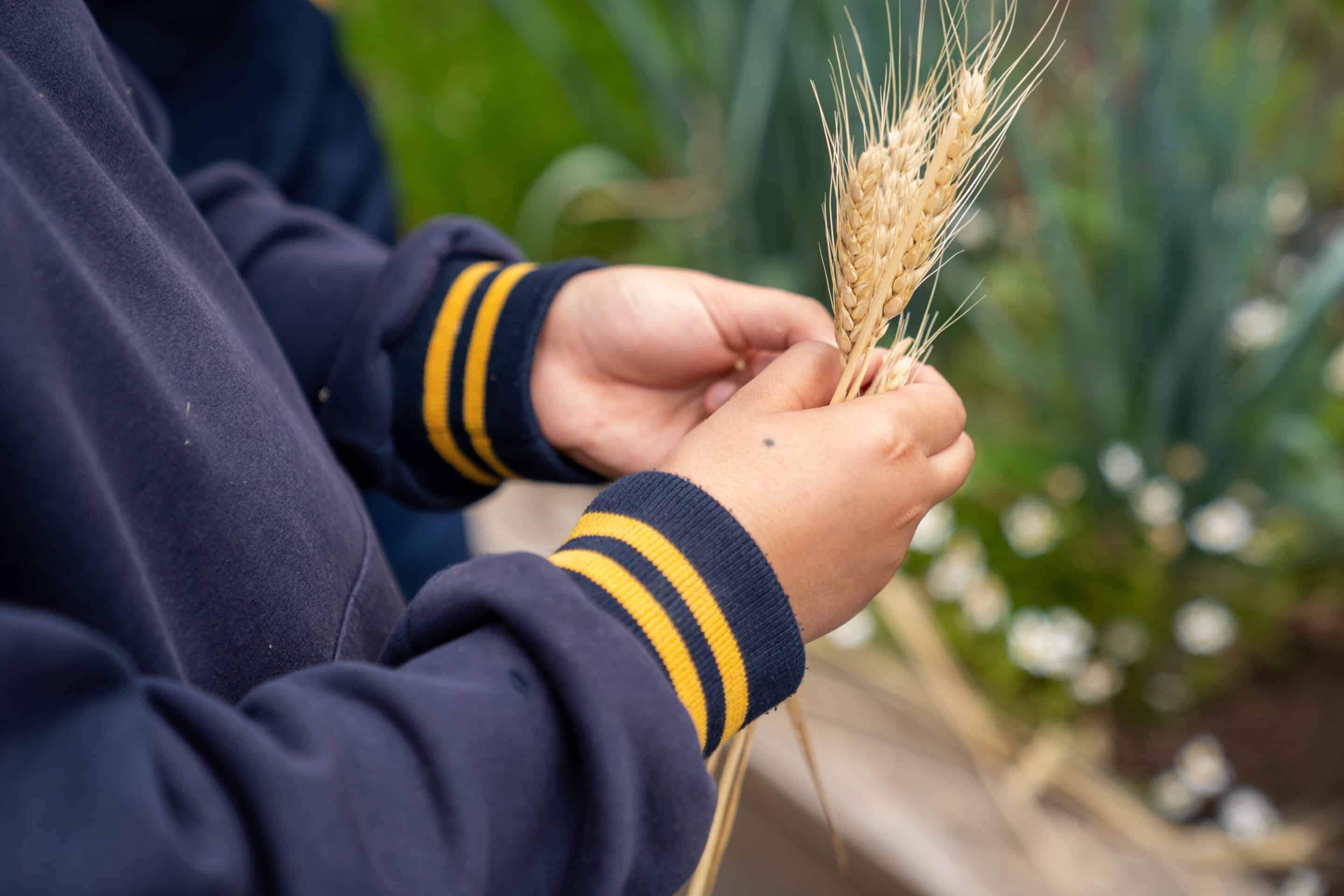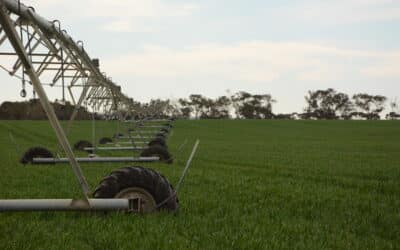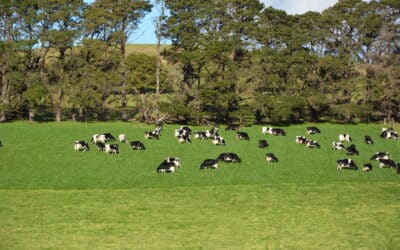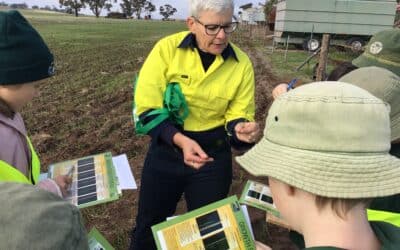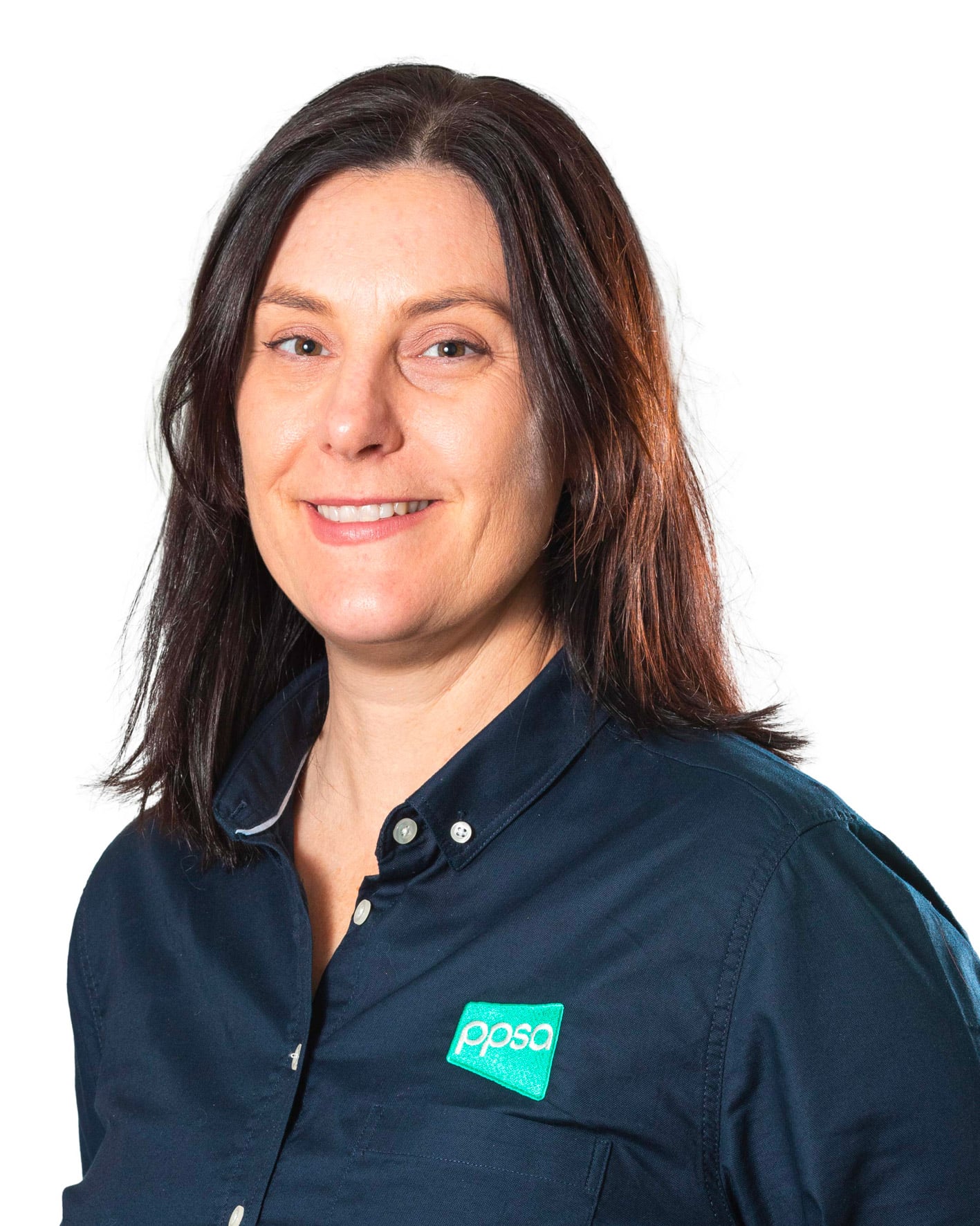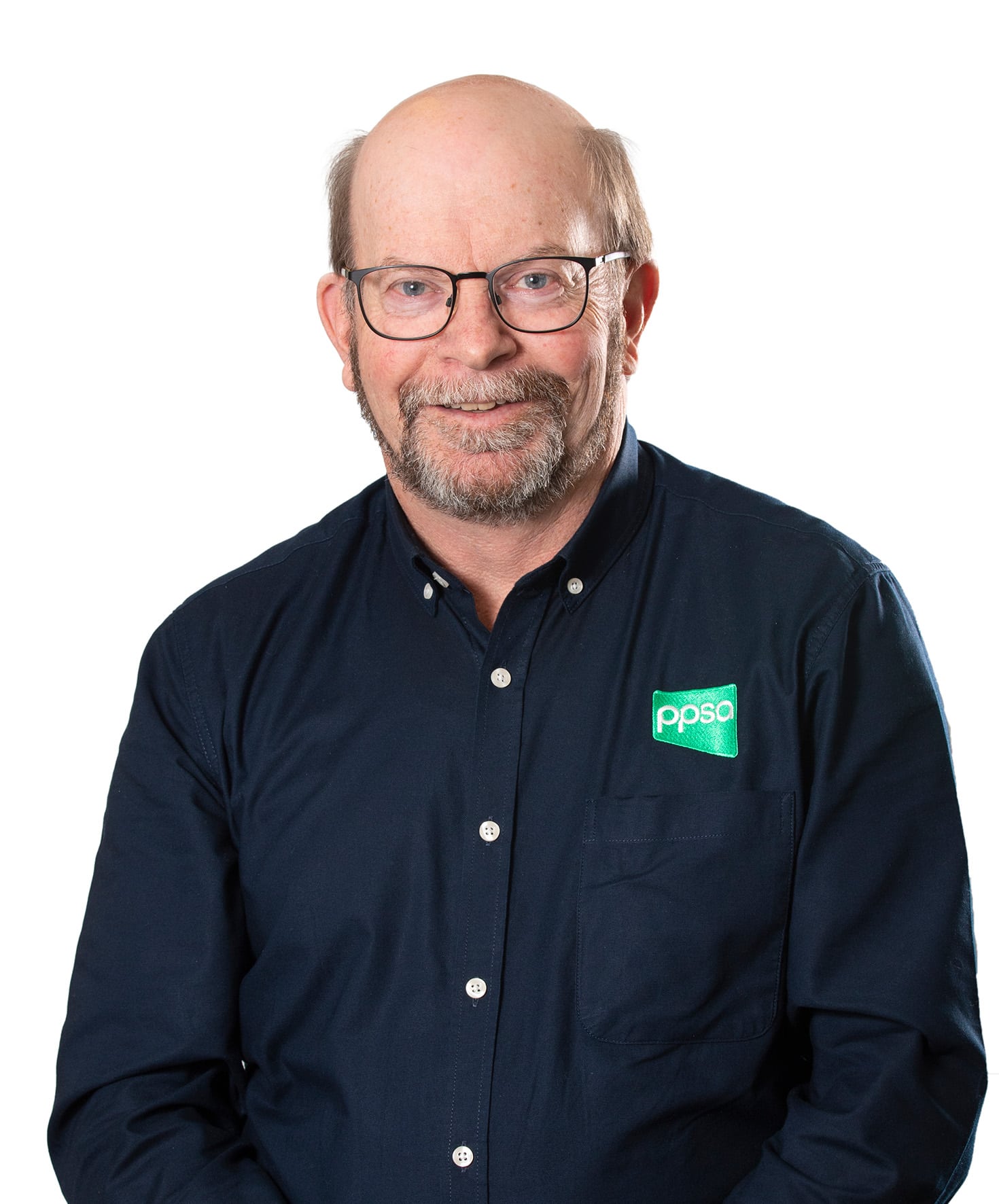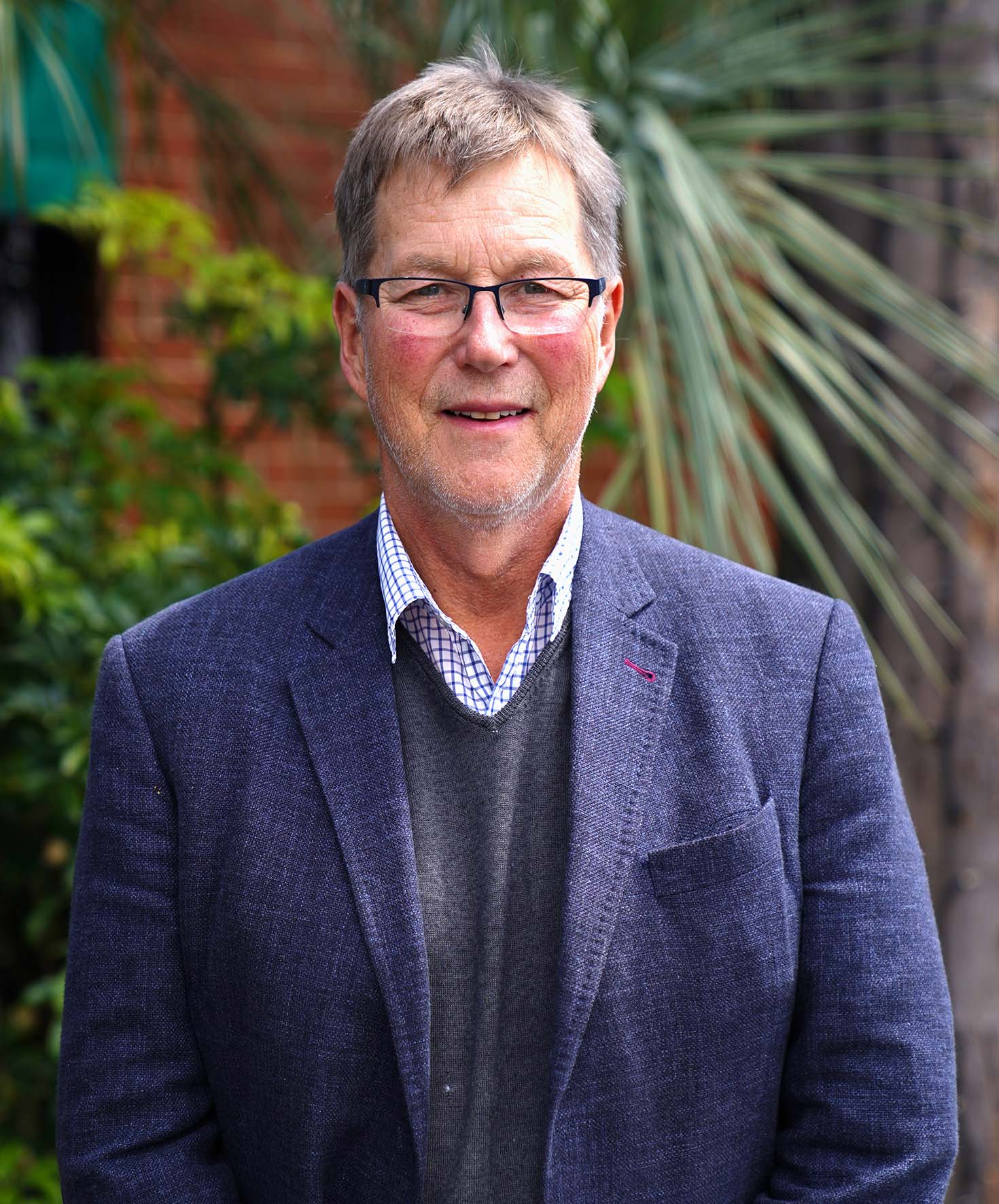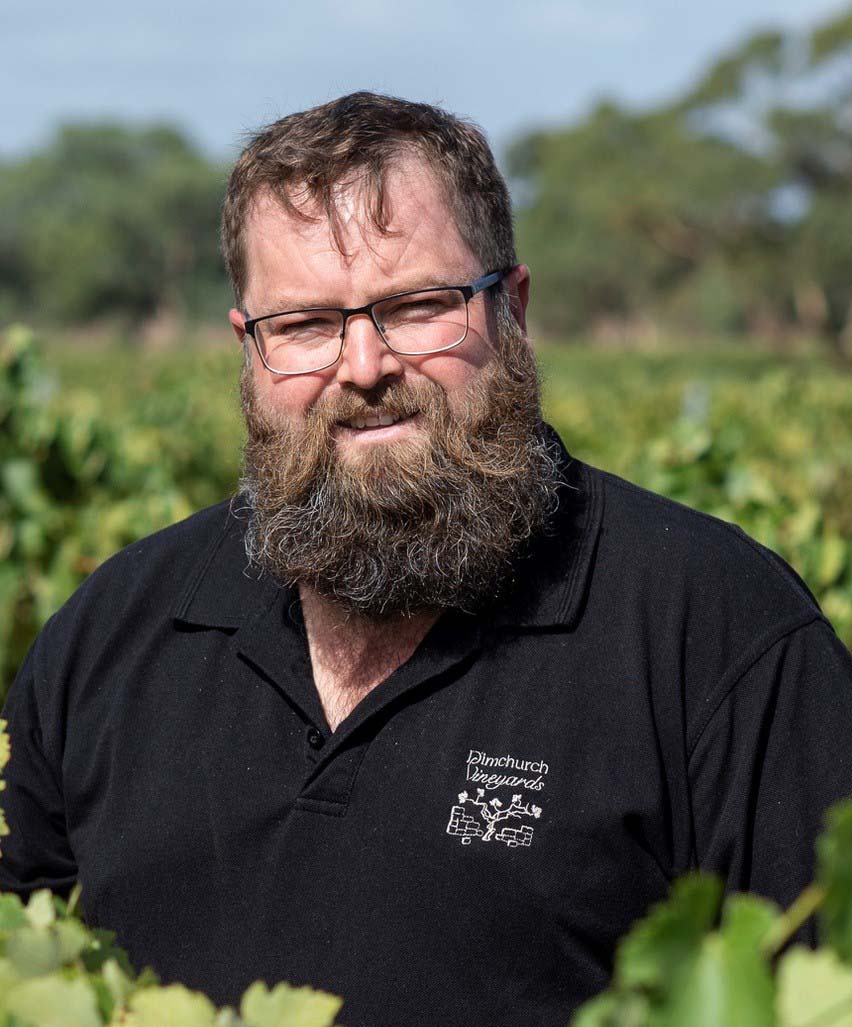By SIMON MADDOCKS, Primary Producers SA Chair
A RE-THINK in the way we link vocational skills training, tertiary education and on-the-job training and development is desperately required if we are to fill the skills and labour gap within agriculture which producers are all too familiar with.
While agriculture is increasingly global, diverse, technical and rapidly changing, the concept of a career in agriculture is not one that grabs the imagination of many, let alone our best students.
The images conveyed to students and their parents, the target audience for many of our education recruitments, is a far cry from capturing these incredible opportunities for diverse skills to be gainfully deployed in an exciting career in agriculture and food supply chains.
We need to change this.
Today, students are encouraged to identify the skills they have or can develop to see where they can be deployed.
The thought of engineering graduates being sold a career in banking might seem silly. However, banks are employing engineering graduates because they need employees who are good at maths and know how to solve problems. An engineering degree cultivates the necessary skillset.
This is the type of approach that needs to be adopted by agriculture.
Agriculture provides all manner of jobs for people who are interested in technology, satellite mapping systems, data management and computerised autonomous systems.
There are roles for those who want to work in international finance and marketing, in weather forecasting or in biology and environmental management.
Being good at computer games may well set you up to manage complex agricultural production and control systems harnessing autonomous vehicles and warehousing facilities.
One of Primary Producers SA’s key policy areas is in skills and capability development.
As part of this, PPSA will continue to contribute industry needs and priorities into the education and skills system by working closely with the South Australian Skills Commission, its Agribusiness, Food and Wine/Beverages Industry Skills Council, the Department for Education, Department for Industry, Innovation and Science and the Department of Primary Industries and Regional Development.
PPSA has implemented a significant project, Educating Kids about Agriculture, targeted at regional upper primary school level students.
A key objective is to prepare curriculum material on a wide range of primary industry topics and to assist teachers in delivering this material.
There is an equally important opportunity to work with educators in developing a similar approach in secondary schools.
These policies and projects are helping us to better engage children about where food comes from. EKAA in particular is using agricultural examples and case studies throughout the school curriculum to bring science, maths, biology, statistics, and technology alive with real-life, environmentally relevant examples that students can get their hands dirty with.
Additionally, secondary students need to have a broad-based foundation from which to launch their working life so they are adaptable and flexible. Their learning will increasingly be life-long, adding new qualifications and skill sets as they change jobs/employment paths during their working career.
If we re-think the way we link education, training and skills, we will be able to better maximise the development of the workforce needed to feed the world, sustain our environments, enhance biodiversity and meet the climate challenges ahead.
This will help grow vibrant rural and regional communities, which are critical to prosperous primary industries – the very backbone of the South Australian economy.
Professor Maddocks will speak at GROWING SA 2022 next month on meeting agriculture’s future workforce needs. Register for GROWING SA at growingsa.com.au/register

